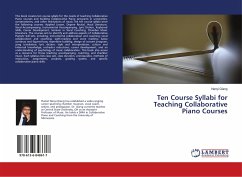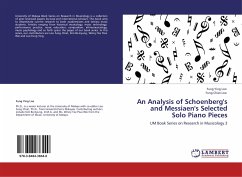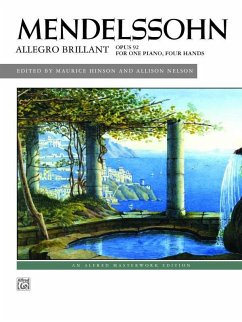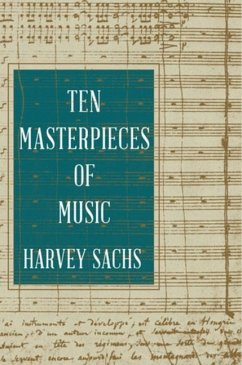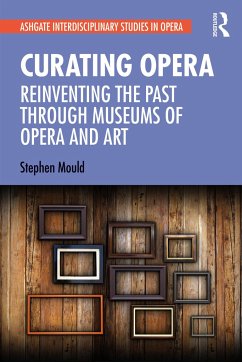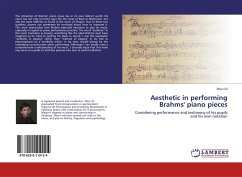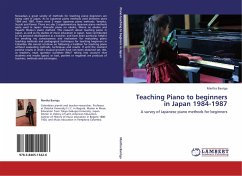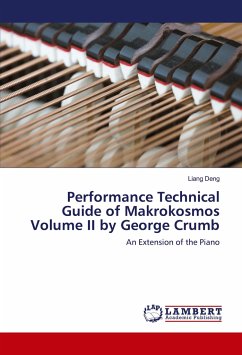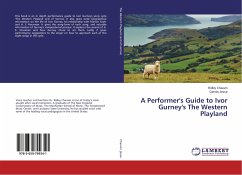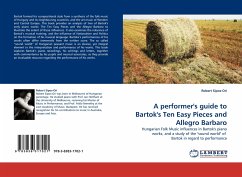
A performer''s guide to Bartok''s Ten Easy Pieces and Allegro Barbaro
Hungarian Folk Music influences in Bartok''s piano works, and a study of the "sound world" of Bartok in regard to performance
Versandkostenfrei!
Versandfertig in 6-10 Tagen
32,99 €
inkl. MwSt.

PAYBACK Punkte
16 °P sammeln!
Bartok formed his compositional style from a synthesis of the folk music of Hungary and its neighbouring countries, and the art music of Western and Central Europe. This book provides an analysis of two of Bartok's early piano works: The Ten Easy Pieces and the Allegro Barbaro to illustrate the extent of these influences. It also examines the relevance of Bartok s musical training, and the influence of Nationalsim and Politics on the formation of his musical language. Bartoks s performances of his works often differ immensely from the written score. The so called sound world of Hungarian peasa...
Bartok formed his compositional style from a synthesis of the folk music of Hungary and its neighbouring countries, and the art music of Western and Central Europe. This book provides an analysis of two of Bartok's early piano works: The Ten Easy Pieces and the Allegro Barbaro to illustrate the extent of these influences. It also examines the relevance of Bartok s musical training, and the influence of Nationalsim and Politics on the formation of his musical language. Bartoks s performances of his works often differ immensely from the written score. The so called sound world of Hungarian peasant music is an elusive, yet integral element in the interpretation and performance of his works. This book explores Bartok s piano recordings, his writings and letters, together with commentaries by his pupils and musical associates, as they provide an invaluable resource regarding the performance of his works.



